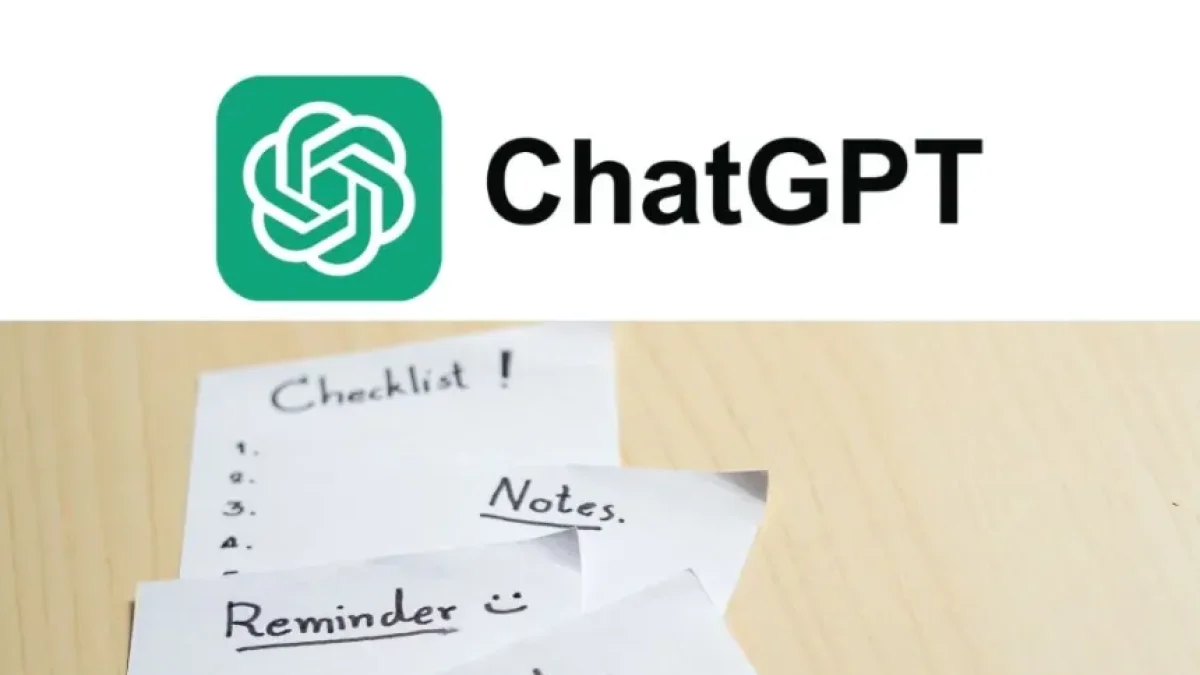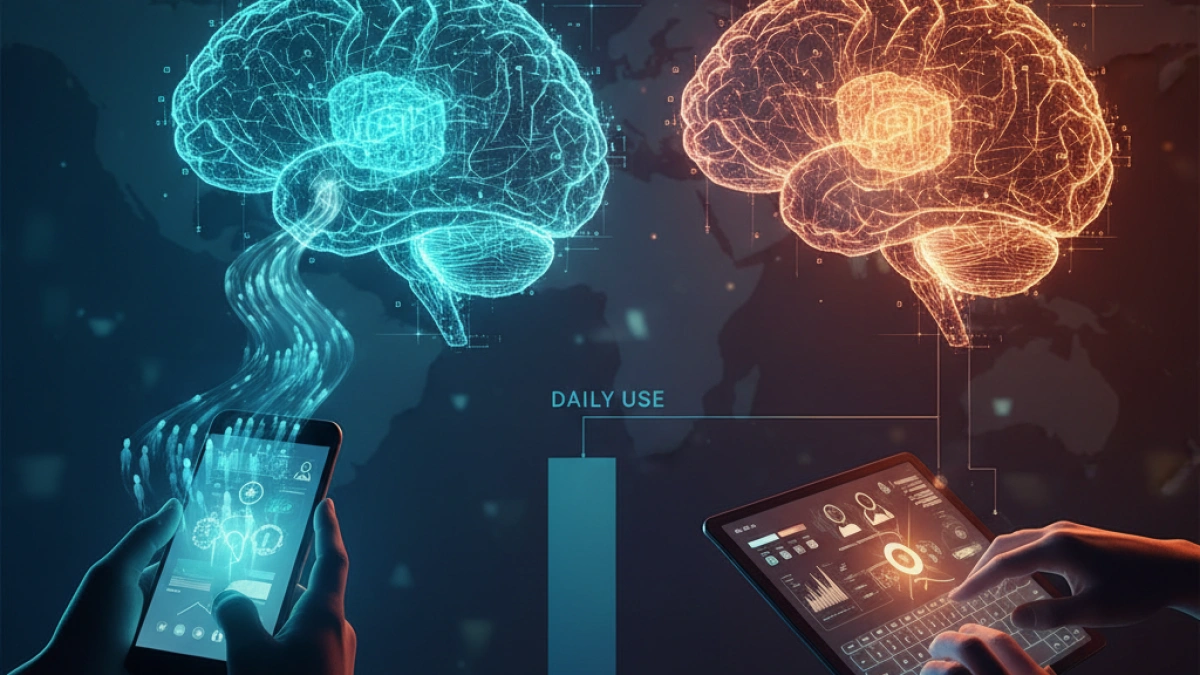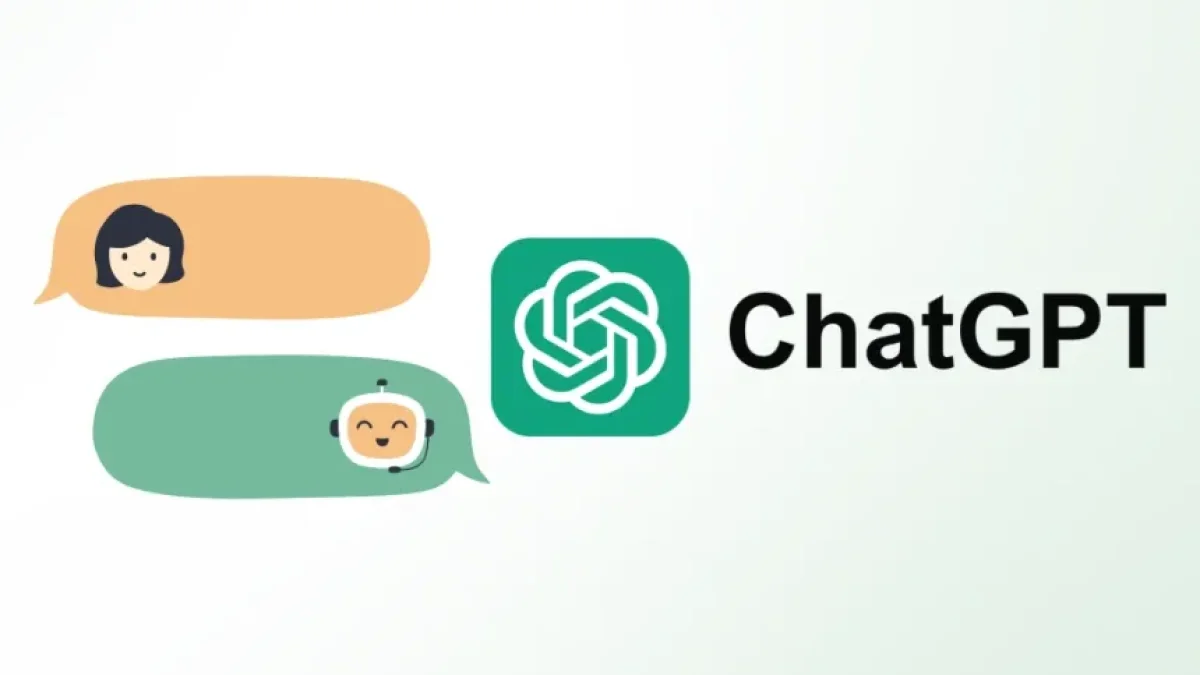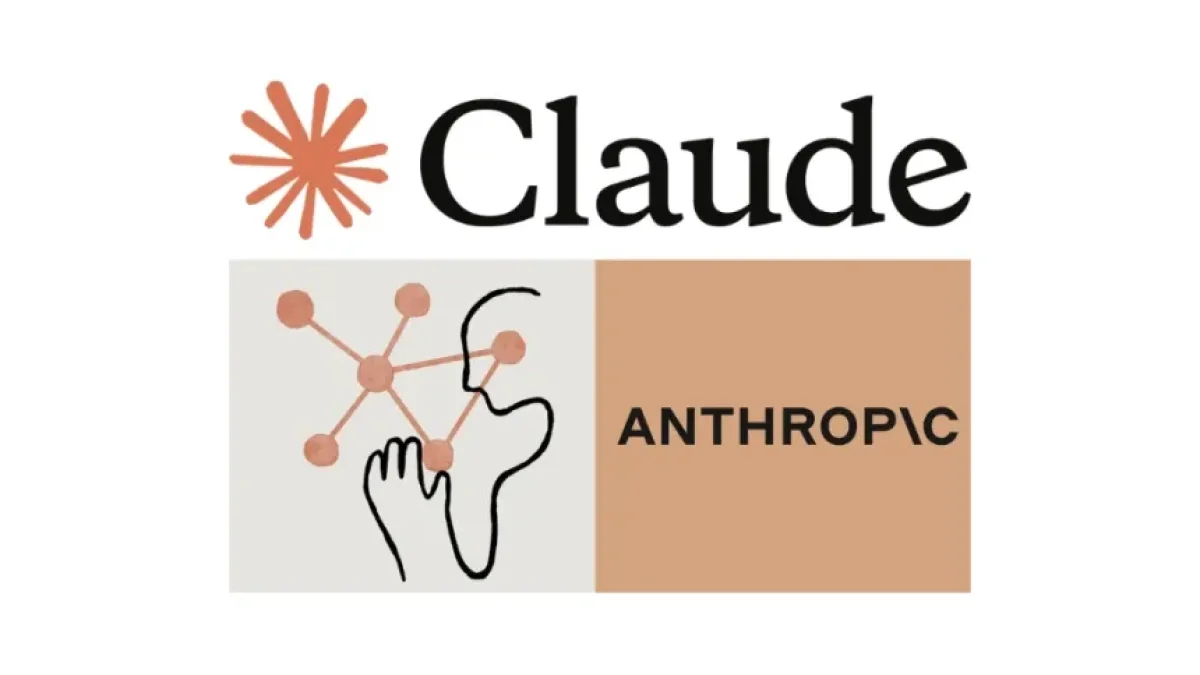Study reveals key differences between the use of ChatGPT and Claude in 2025

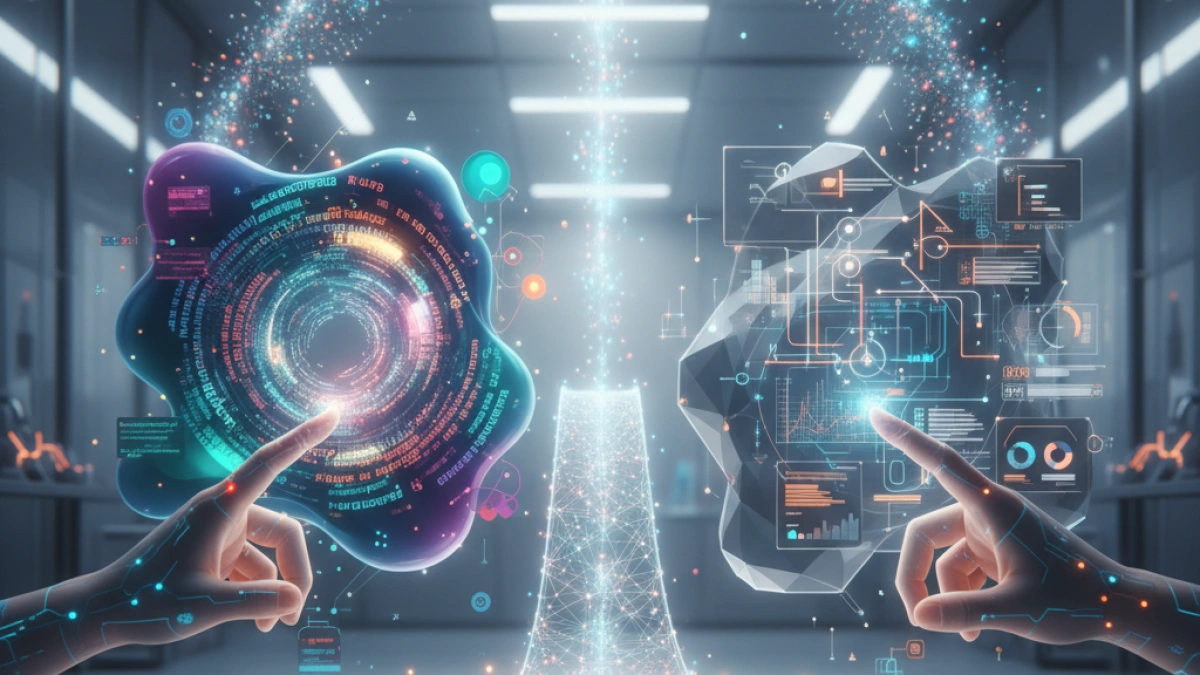
Recent research from OpenAI and Anthropic has shed light on the different ways users employ their respective artificial intelligences, ChatGPT and Claude. These studies, published this week, reveal divergent patterns in the use of these tools: while ChatGPT is oriented towards enhancing productivity, Claude focuses more on process automation.
Use of ChatGPT for Writing and Creativity
According to the OpenAI study, ChatGPT is particularly popular for tasks related to writing, editing, summarizing, and brainstorming. Students, marketers, and knowledge workers turn to this tool for drafting essays, preparing reports, or generating ideas for campaigns. Additionally, educators use ChatGPT to design quizzes, provide tutoring, and simplify complex concepts.
OpenAI has classified the data into three main categories:
Read also
- "Doing" Conversations: Focused on providing outcomes that can be integrated into a production process.
- "Asking" Conversations: Support decision-making, although they do not generate results directly.
- "Expressing" Conversations: Include various other use cases.
Until the end of June, there was a notable predominance of "asking" type interactions, according to the OpenAI study. This category includes interactions where users seek guidance, advice, or information, as well as requests to complete tasks and messages without a clear objective.
Claude: Focus on Automation and Business Efficiency
On the other hand, Anthropic's study suggests that Claude has a more pronounced focus on software development and business automation. Coding tasks and other math-related jobs account for over a third of its usage. Many companies are integrating Claude into their workflows for document processing, report generation, and large-scale programming. This Anthropic report is the third published, and this time, it highlights that the use of automation has surpassed that of productivity enhancement.
Comparison of Approaches: Personal Productivity vs. Work Efficiency
Currently, ChatGPT stands out in the realm of personal productivity, where users interact and generate content alongside the AI. In contrast, Claude is more focused on work efficiency, with an increasing number of businesses delegating complete tasks to this tool. According to the observed trends, companies may use both AIs in the future: ChatGPT for communication and creativity, and Claude for structured execution at the corporate level.
Conclusions about the Future of AI Use
The distinction between ChatGPT and Claude in 2025 not only highlights different user preferences but also suggests a path forward in implementing artificial intelligence. While ChatGPT seems to continue thriving in the individual user sphere, Claude is firmly positioned as a tool for business effectiveness.
This research provides a valuable framework for understanding how companies and individuals can maximize the potential of these technologies in their respective fields. As technology advances and the offerings of artificial intelligence tools expand, it will be crucial to observe how these dynamics evolve and adapt to the changing needs of the market.
For more analysis and discussions on artificial intelligence and its impact across various fields, readers are invited to explore more content on this blog.

